#the mysterious monoliths
Explore tagged Tumblr posts
Text
Mysterious Lotus Casebook and Complex PTSD Representations: Part I
One of my favorite things about Mysterious Lotus Casebook is how surprisingly nuanced and unusual its portrayal of complex PTSD is. So many shows either introduce character trauma to make the character Sad and Brooding, Angry and Violent (if they’re a villain) or Hesitant to Start a Relationship (if it’s a romance), and that’s usually as in-depth as it gets. If they address the unique after effects of child abuse that lead to complex PTSD at all, it’s usually either explain why a character is a homicidal monster (which is all sorts of problematic) or it’s limited to a single phobia, which can be overcome by the Power of Love, or it’s just something that crops up occasionally for Plot and then forgotten about the rest of the time.
Mysterious Lotus Casebook gives us two deeply traumatized characters–Li Lianhua and Di Feisheng–who each have clear symptoms of complex PTSD, and yet, their cPTSD manifests completely differently because of the types of traumas that caused it and their relationships to the people causing the traumas. And their manifestations of cPTSD affect just about every level of their being, including their sense of self, their decision-making, and their relationships with others, and it includes some of the incredibly important manifestations of cPTSD that are almost never shown in media while avoiding the most insulting stereotypes!
PTSD vs cPTSD
Post Traumatic Stress Disorder is an anxiety disorder caused by experiencing a single (or short lived) traumatic event (an accident, assault, medical emergency, fighting in a war, etc), where the symptoms last for longer than a month. Symptoms include things like reexperiencing the event (flashbacks), avoidance (of things related to the event), changes in mood (depression, anger, fear, etc), and issues with emotional regulation (hypervigilance–being constantly on the lookout for threats–irritability/angry outbursts, etc.).
Complex PTSD happens if someone has experienced long term, chronic/repeated trauma that induces hopelessness and no chance of escape (survivors of extended child abuse, human trafficking, domestic violence, prisoners of war, slavery, etc.). It’s also often interpersonal in ways a car crash or medical emergency is not, and is particularly linked with chronic trauma during childhood: chronic stress hormones introduce literal physical changes in a growing brain, particularly the amygdala (which processes fear), hippocampus (which is responsible for learning/memory), and the prefrontal cortex (which is responsible for executive function), so it can affect every aspect of life and also affect a child’s progression through developmental stages. In addition to these physical changes to the brain, the prolonged trauma–particularly the helplessness–distorts a child’s sense of self, the perpetrator, and the world in ways that alter their decision making, their memory, and their future relationships.
For instance, whereas a traumatic event that caused PTSD might make you depressed or not trust the person who harmed you (or to fear driving), the trauma from cPTSD might make you suicidal, blame yourself for your victimization, decide to isolate to avoid interpersonal relationships to keep from getting hurt, or become obsessed with never being harmed again.
Basically, cPTSD has the core symptoms from PTSD with some extra challenges, including issues with emotional regulation, self-concept, interruptions in consciousness, difficulties with relationships, perceptions of the perpetrator, and systems of meaning.
DFS and LLH: CPTSD Symptoms
There’s so much more to say about this than I can cover in this superficial introduction, so this will be the first of a series of metas; I’m hoping to go into more depth about some of these categories in future posts (the DFS and emotional regulation/violence one is already drafted, so stay tuned).
Difficulties with Relationships (problems with trust, communication, missing red flags): Both DFS and LLH have a history of trusting the wrong people and not trusting the right people, both in the past and in the present of the show: in the past, LLH missed the fact that SGD hated him and DFS missed the fact that JLQ was obsessed with him, and as a result, both sects were destroyed, many people died, and the two almost destroyed each other. If they had communicated with each other instead of fighting at the donghai battle, they might have realized they were being set up and could have worked together, but their difficulties with trust after perceived betrayal made that impossible for them. They both have a history of overlooking red flags in the present–DFS in particular, keeping the red-flag-personified-JLQ around despite her history of poisoning people, including himself–and they both tend to struggle with relationships in the present: LLH runs away from and/or drugs the people who care about him, and DFS sends endless mixed messages by not telling Li Lianhua most of his plans to help him.
Self-Concept (Self-hatred and self-fragmentation): Li Lianhua is basically the poster child for having a negative self concept: he has an overdeveloped sense of self-blame and responsibility, even believing he deserves to die for leading his men to their deaths, and once he learns he was manipulated and SGD was behind it all, he seems to think it’s his own fault that he was manipulated, lied to, and abused. His self-loathing is so extreme that he imagines his earlier self, Li Xiangyi, to have died, and tries as much as possible to be nothing like that earlier persona. His repeated insistence that Li Xiangyi and Li Lianhua are NOT the same person is reminiscent of the fragmentary sense of self that comes with more extreme trauma, like Dissociative Identity Disorder (DID) or Other-Specified Dissociative Disorder (OSDD), where traumatic experiences are so painful that people form different alters, or differentiated self-states, that can have different names and skills and memories and identities.
Di Feisheng doesn’t have the self-hatred or guilt that LLH does, and it seems like he tries to skip over questions of self worth, blame, or hatred by focusing exclusively on staying true to his code of ethics he’s developed for himself and focusing on gaining the strength necessary to fight for his freedom from mind control and the Di Fortress. But even though he’s kept his Di name, kept his goals the same since escaping Di Fortress, and hasn’t tried to separate himself from his trauma the way LLH did with LXY, he’s even more willing than LLH to take on different identities: it’s literally one of his martial arts skills. The Bone Constriction Skill lets him become someone else for a time, whether that’s a child or Shi Hun. It fits well with his willingness to be whoever he needs to be to accomplish his goals: he’s perfectly willing to be seen as a heartless villain if it lets him protect LLH, and he’s willing to flirt with and pretend to be jealous of JLQ to get information from her, and he’s willing to be LLH’s a-Fei, both with and without his memories.
Interruptions in Consciousness (Amnesia and nightmares for Everyone): LLH and DFS both have nightmares and flashbacks/memories of traumatic events, and as mentioned above, both have interesting hints of having fragmented/fluid senses of self. They both also dissociate, or separate themselves from the present when dealing with traumatic things: LLH spaces out and gets stuck in his past memories about SGD when talking to FDB after burying SGD, and DFS dissociates from physical pain so as not to make noise both after he’s been stabbed and poisoned with Wuxin Huai and again when JLQ is torturing him in her water dungeon.
They both also have dissociative amnesia that takes away trauma memories, although one is from a poisonous incense plus the magic of qi macgyvering: LLH forgot the existence of his older brother who died in front of him, and DFS as a-Fei had just about all of his memories (except a few of killing as a child) taken away. Amnesia is a huge part of cPTSD, because it’s the brain’s way of trying to protect you from truths that you might not survive. It can manifest as blocking out one single traumatic event, a bunch of thematically or temporally linked traumatic events, a skill set related to the trauma, or, in the case of something like DID or OSDD, just about everything. It’s endlessly fascinating to me that the show gives us one example of definite traumatic amnesia through LLH, and then seems to almost transform the experience of having DID and being a new part and finding yourself with a new name and very little else into an exaggerated fantasy setting (interestingly, people often report experiencing debilitating headaches when they try to regain memories behind the amnesia barrier). I doubt this is what they were actually going for, since DID is almost universally portrayed incorrectly and offensively in media (one of the alters is almost always portrayed as a serial killer, but that’s a rant for another day), but the different names and the presence of amnesia with LLH made it a fascinating enough parallel that I had to mention it.
Problems with Emotional Regulation (Lashing in vs. lashing out): Li Xiangyi and Di Feisheng are polar opposites when it comes to struggles with emotional regulation: whereas LXY turns his anger inward, directing it all toward self-hate in what’s often called a “toxic shame spiral,” both after the donghai battle and after he finds out about SGD’s role in his shifu’s death, DFS lashes out physically at those who have harmed him, usually via choking people, although he is usually exerting an impressive amount of control over his emotions and strength. To put in perspective just how different their emotional strategies are and how much effort DFS puts into emotional regulation, compare how much more calm he is than LLH during any revelation of past betrayal or painful information, any scene where they confront the people who have abused them, or any scene where they learn they’ve been wrong about something big; LLH is most likely having an emotional flashback (re-experiencing the emotions from the earlier traumas) and DFS is probably compartmentalizing them or dissociating from them to process later/never so he can stay semi-functional and not show a potential opponent a weak spot.
NOTE: This means that DFS is loooong overdue for a very dramatic breakdown when it eventually all catches up to him and he can’t distract himself from it anymore.
Perceptions of Perpetrators: In this way only, Di Feisheng has one advantage: he knows the head of Di Fortress is a cruel, abusive tyrant. While he clearly still fears him, even as a physically strong adult (he has nightmares, flashbacks, and dedicates his life to being free from him, which means he still to some extent feels young, small, and helpless when he thinks of him), DFS knows that he hates him and wants to be free of him. This is probably part of why he’s spared some of the self-hatred LLH experiences: he knows he didn’t deserve the abuse because seeing it happen to other children means he knows the abuse wasn’t a personal reflection on him. It does, however, motivate him to want to be stronger and invulnerable so as to never be helpless again, and that obsession is what drives him to have a single-minded focus on reaching the pinnacle of the jianghu.
It’s so much more complicated for Li Lianhua (and for a more detailed analysis, check out this meta): the childhood perpetrators were manifold–a slew of bandits, whichever children and adults on the street would abuse him for existing and being poor–it probably felt like life itself was to blame. It’s no wonder that when his shifu and shiniang took him in, they were the ultimate rescuers whom he hero-worshipped, so when he felt he made a mistake and his life fell apart, he blamed himself: at least there would be someone to blame that way and something he could do about it (try to kill his past self and hate everything about him). It’s also very telling that LLH doesn’t blame JLQ or YBQ all that much when he learns they poisoned him, and that he’s more angry that SGD murdered their shifu than he is that SGD set him up, hated him, and was the real mastermind behind everything he had blamed himself for; he struggles to stay angry at people who harm him, and would rather blame and hate himself for being tricked than hate the person who tricked him. So, whereas DFS tries to destroy the people who abused him, LLH tries to destroy himself.
If you read this far, thanks! I’m probably going to be posting the DFS and emotional regulation/violence against perpetrator meta next, because it’s drafted, but if there are any of these you desperately want me to talk about more sooner rather than later, let me know! :D
#mysterious lotus casebook#mlc meta#di feisheng#li lianhua#Li Xiangyi#complex PTSD#child abuse#sorry it's so long! This is the short version#The original version was 2700 words#dissociation#trauma#I am so here for non-monolithic representations of mental illnesses#PTSD#In case you can't tell I am very invested in depictions of PTSD and cPTSD#I'm always up for talking about fictional portrayals of trauma#so feel free to message if you have questions about any of this and don't want it to be in the notes for some reason
148 notes
·
View notes
Text




Today I found myself thinking of inexplicable boulders.
28 notes
·
View notes
Text

#weirdcore#dreamcore#liminal#liminal spaces#dereality#oddcore#stranger things#cursed#monolith#weird#mysterious#strangecore#scary#liminalcore#dreamcore aesthetic#liminality#i'm in danger#photographers on tumblr#photoshoot#photooftheday#my photos#photography
24 notes
·
View notes
Text

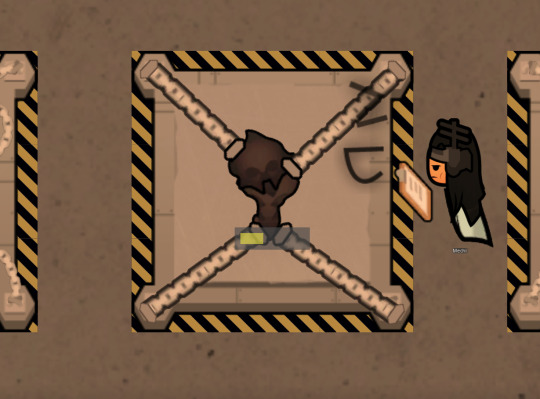
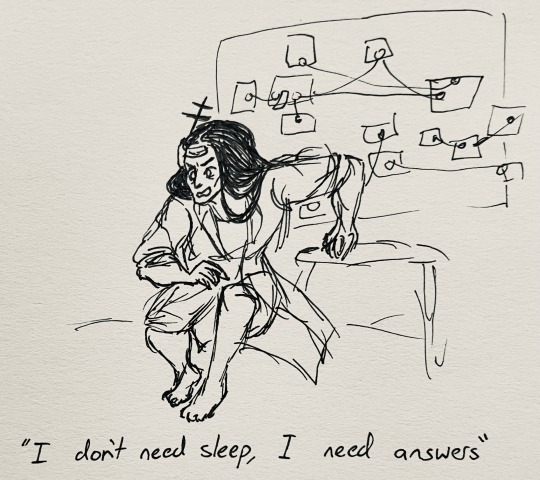
The solar flare meant Mechi was doing boring stuff like mining, so every time the cooldown for The Monolith or Ms Clarabelle (our sightstealer) was up, he sprinted to do that instead. I don't think he likes manual labour lmao
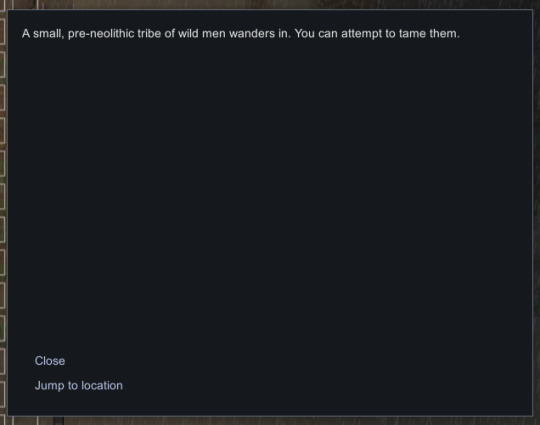
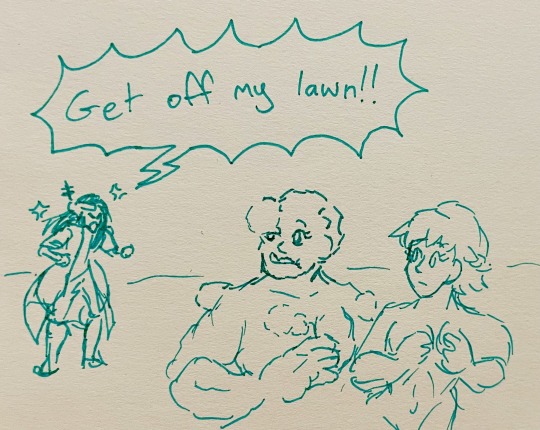
Some wild people came onto the map, which Mechi was not thrilled about because one of them was a taukai xenotype (cancer people, I think), and he thought they were hella ugly. A bit rude, but Mechi hates everybody anyway, so it's understandable.
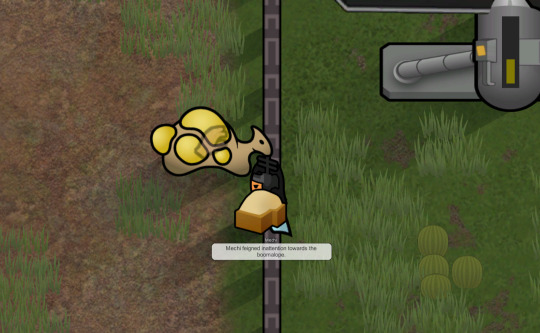
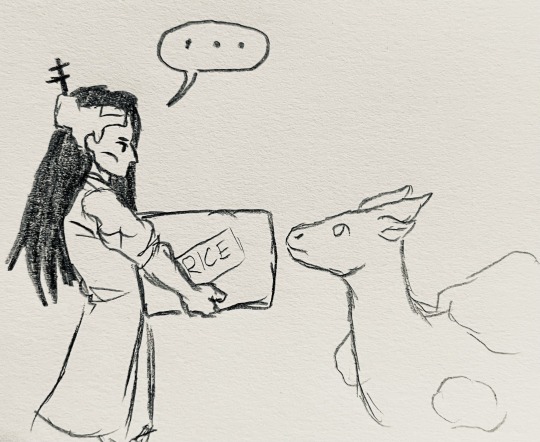
The grass is quite literally greener on this side of the fence, boomalope (the boomalope is now named Butter, and he is a very good boomalope)
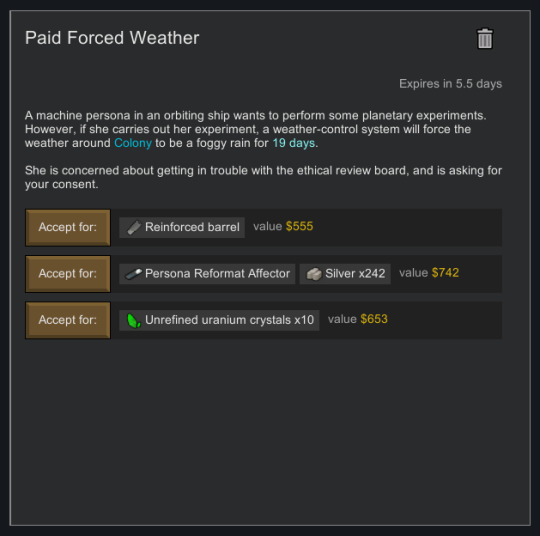
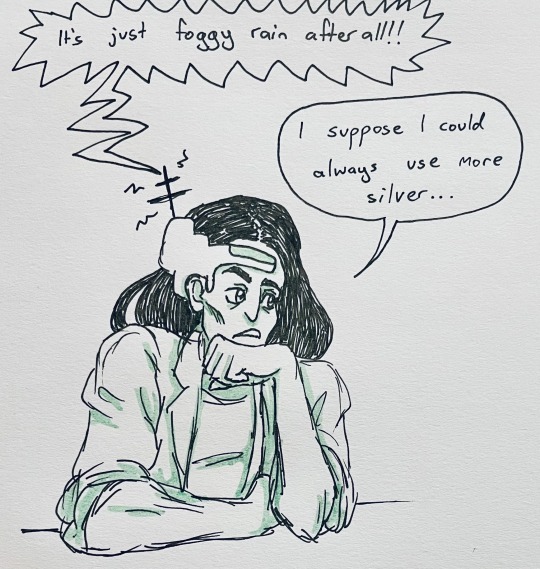
More silver is always nice, and foggy rain isn't so bad.
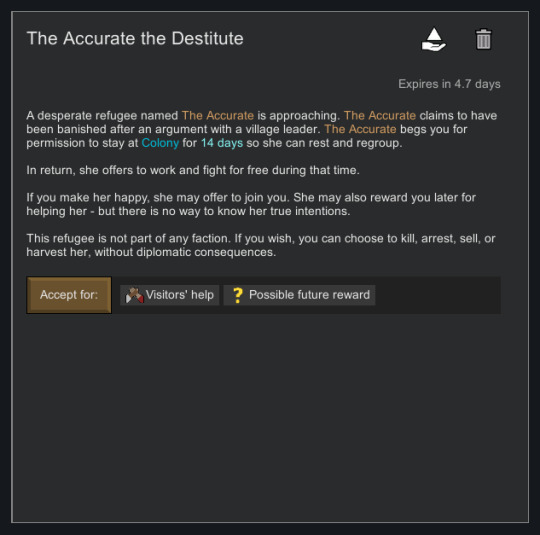
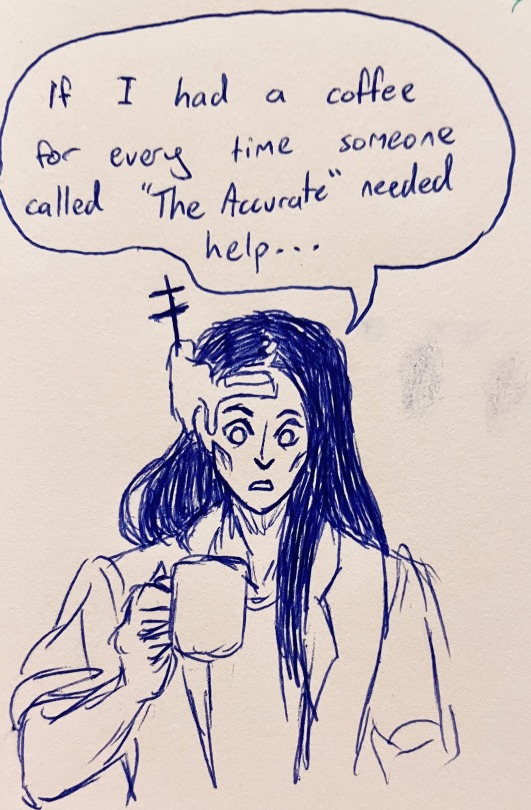
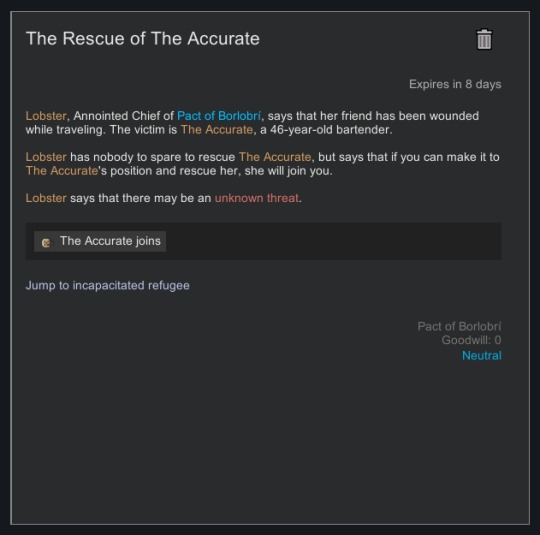
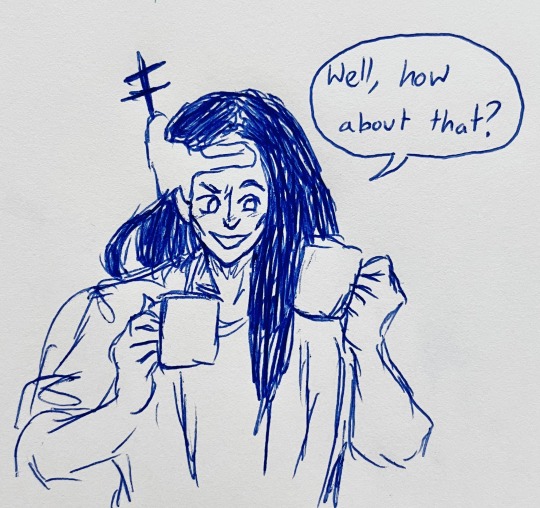
We did not offer help to either of The Accurates.
First | Next | Previous
#rimworld#gracie plays#A Mechanitor's Message#art#my art#traditional art#rimworld art#unpolished art#This anomaly stuff is fun#I assume it'll get scarier once I start provoking the void and stuff#but for now it's pretty chill#Mechi just hangs out with Ms Clarabelle every few days#then wanders over to gaze at The Monolith#nice and easy#It might get more annoying now that he has (ugh) neigbours#maybe some tragic accident will befall the wild people#we can only hope#Butter the Boomalope will provide chemfuel for a chemfuel powered generator#we have three wind turbines and a solar panel but you can never have too much power#plus boomalopes are cute so the fire risk is worth it imo#and not much fire risk when it's foggy rain anyhow#so that's something#rip The Accurate and The Accurate#I never did figure out if they were the same person but oh well#some mysteries will remain unsolved#have a fabulous day everybody!!! xoxo
44 notes
·
View notes
Text




"(...) Trust in me
As I am Shattering inside
The vision upon us
The memory remains
Nothing to defy
The light will cast me aside (...)"
Twin Tribes, "Monolith" (album "Pendulum", 2023)
youtube
#mikopol#sketchbook#sketchbookdope#pen#marker#watercolor#comic#comic art#comic page#monolith#twin tribes#dark#surreal#horror#cosmic horror#lovecraft#pendulum#science fiction#sci fi#scientist#mystery#coldwave#gothic rock#hazmat#Youtube
15 notes
·
View notes
Text

3 notes
·
View notes
Text


Gass Peak is the highest peak in the Las Vegas range of the Southern Nevada and is located about 20 miles from the north of Las Vegas.
4 notes
·
View notes
Text

3 notes
·
View notes
Text
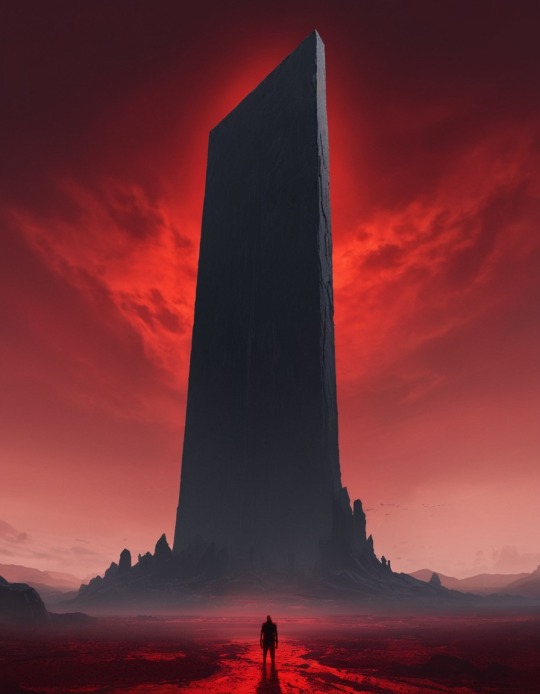
1 note
·
View note
Note
The song from your art post is very good. Fits very well.
Glad you think so anon! It's got very secret police sort of vibes to it, so i figured it'd go well with the zarosian praetorians
#spy's replies#anonymous#i skimmed through the secrets of the inquisition mystery recently#so the whole monolith stuff was still fresh on my mind
2 notes
·
View notes
Text
my mother was talking about the debs earlier and asked if i was going to tan or be "Pale and mysterious"
#monolith mumbles#FUCKIGN PALE AND MYSTERIOUS#tbh i am. extremely pale my eyebags look purple/blue because you can see through my skin 💀💀#excellent i have freckles so.
3 notes
·
View notes
Text

Today I found myself thinking of inexplicable boulders.
5 notes
·
View notes
Text

Shiny monolith removed from mountains outside Las Vegas. How it got there still is a mystery
READ MORE https://www.msn.com/en-my/news/us/shiny-monolith-removed-from-mountains-outside-las-vegas-how-it-got-there-still-is-a-mystery/ar-BB1oESUZ
#monolith#https://www.msn.com/en-my/news/us/shiny-monolith-removed-from-mountains-outside-las-vegas-how-it-got-there-still-is-a-mystery/ar-BB1oESUZ
0 notes
Text









#monolith#Gass Peak#Las Vegas#Nevada#Las Vegas Metroplitan Police Department#Craig Muir#obelisk#David Zwirner#John McCracken#Tom Dunford#mystery#internet sleuth
1 note
·
View note
Text
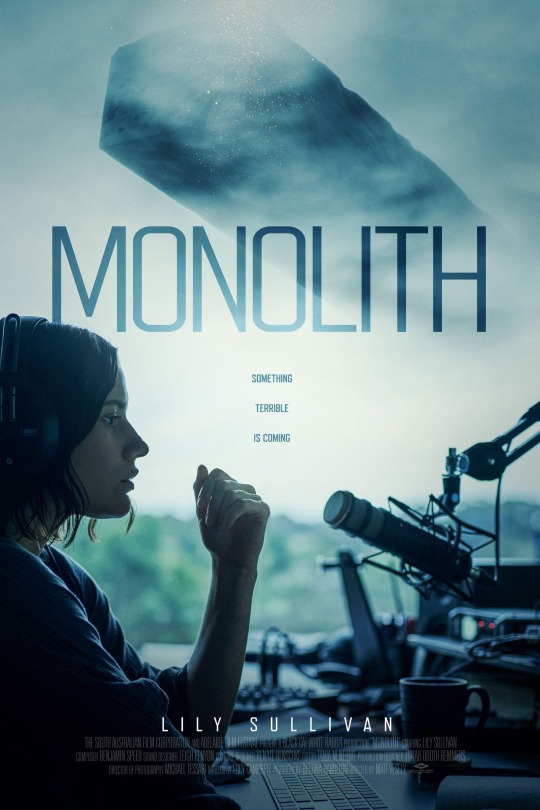
Monolith / 2022 — IMDb, TMDb
0 notes
Text
Movie Review ~ Monolith
Shot in sequence over fifteen days, Monolith doesn’t skimp on the scares, but the sinister air hovering over the film will get under your skin and keep you on the edge of your seat.
Monolith Synopsis: While trying to salvage her career, a disgraced journalist begins investigating a strange conspiracy theory. But as the trail leads uncomfortably close to home, she is left to grapple with the lies at the heart of her own storyStars: Lily Sullivan, Erik Thomson, Kate Box, Terence Crawford, Damon Herriman, Ling Cooper Tang, Ansuya Nathan, Matt Crook, Rashidi Edward, Brigid…

View On WordPress
#Ansuya Nathan#Belle Kalendra-Harding#Brigid Zengeni#Conspiracy#Damon Herriman#Erik Thomson#Kate Box#Lily Sullivan#Ling Cooper Tang#Matt Crook#Matt Vesely#Monolith#Mystery#Podcast#Rashidi Edward#Sci-Fi#Terence Crawford#Thriller#Well-Go Media
1 note
·
View note